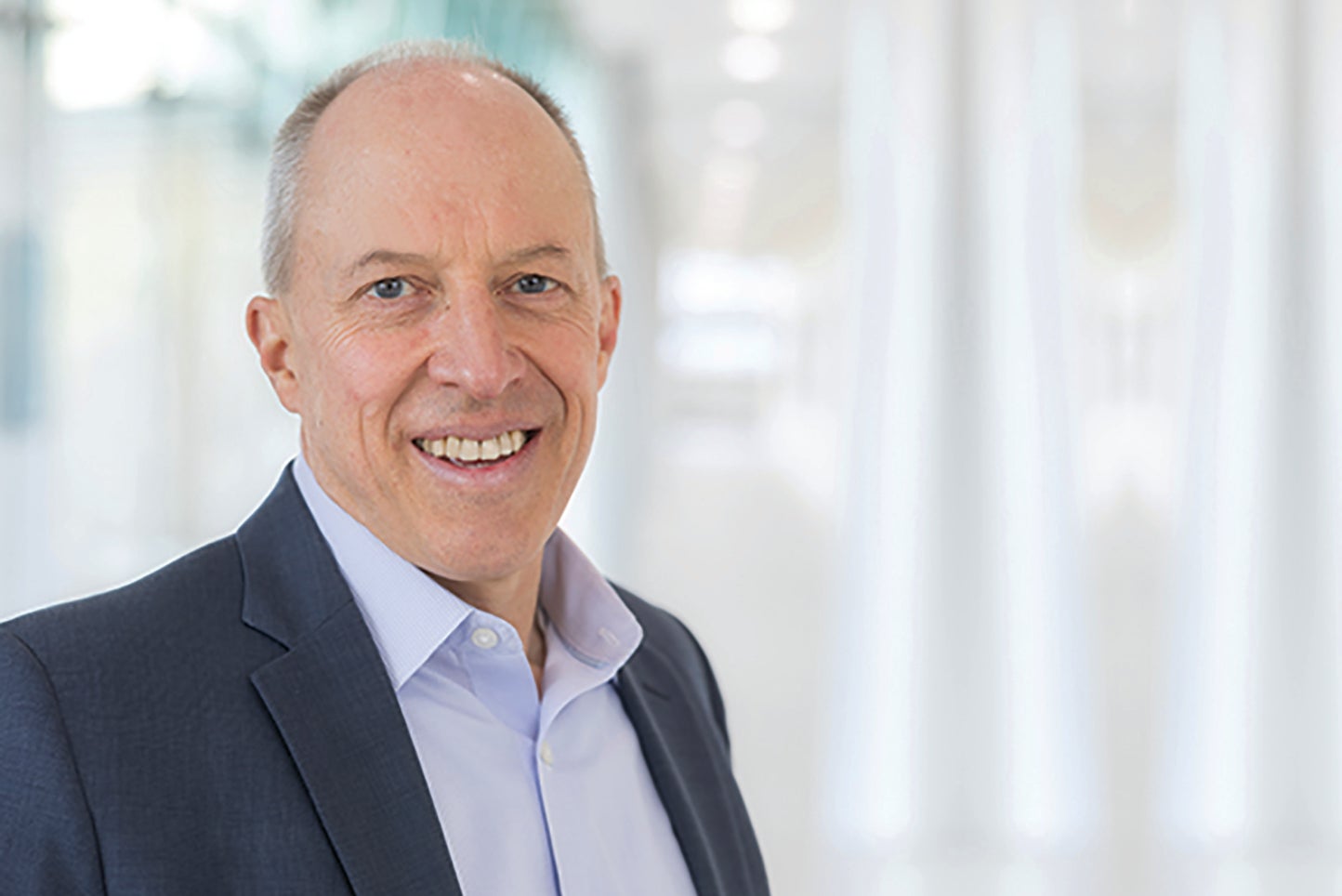Innovations in Action: Dr. Mark Piehl’s Story
July 27, 2022
RALEIGH, N.C. (July 26, 2022) — As a pediatric intensive care physician, helping critically-ill children and saving lives is what Dr. Mark Piehl has done for over 20 years. For many of those years, Dr. Piehl felt that care could be improved for patients with life-threatening problems who needed rapid interventions. Too often it seemed that providers lost the race against time when patients with severe bleeding or sepsis needed life-saving transfusions of blood or fluids. The problem was that traditional methods for infusing fluids were too complex, inefficient, and slow to treat these patients adequately.
Dr. Piehl recalls the day the idea for his innovation began: “I’ll never forget the pediatric trauma patient who was flown in from the scene of a car accident. She was badly injured, had lost a significant amount of blood, and ultimately bled to death in our hands because we just didn’t have the ability to infuse blood quickly enough to save her.” He remembers thinking, “There has got to be a better way to help a patient who is dying of hemorrhagic shock. The tools we have aren’t adequate.” The seeds of what is known today as LifeFlow were planted that day.
Medical Innovation Saves Lives with LifeFlow
Armed with an idea, but with no knowledge of how to translate that idea into reality, Dr. Piehl partnered with a group of North Carolina State University engineering students who were eager to improve patient care. In collaboration with Dr. Piehl, these students helped design the prototype for a handheld device that would allow clinicians to rapidly deliver blood and fluids to critically-ill patients. After the students graduated, the concept sat on a shelf for a year before a future investor encouraged Dr. Piehl to establish a company. Together, they raised one million dollars from friends and family and founded 410 Medical Innovation. Their first employee was a biomedical engineer from a local medical robotics company who was intrigued with the idea. They set up an office in downtown Durham and in less than 18 months had developed LifeFlow from concept to an FDA-cleared device.
But as the team soon discovered, it was not an easy road and in those early days they encountered many unanticipated obstacles. “Creating a medical device is not for the faint of heart — it’s complex, exhausting and, and risky. We faced challenge after challenge, but when the LifeFlow was first used to save the life of a two-year girl with sepsis in our Children’s Emergency Department, we realized that every bit of effort had been worth it,” explains Dr. Piehl. “Thankfully, we are now almost daily hearing stories of trauma patients who receive blood quickly in the field and survive injuries similar to those of the patient who originally led us to create LifeFlow.”
Along the way, the WakeMed Innovations has helped Dr. Piehl and the LifeFlow team navigate the process in a thoughtful way. “I knew nothing about the complex legal and compliance issues we would face, or how to go about conducting clinical research or raising venture capital. Probably the hardest lesson was discovering how difficult it is to convince clinicians that there might be a better way to care for critically-ill patients. I am grateful for the WakeMed Innovations team for helping us every step of the way, including by making a direct investment and, more importantly, serving as a valuable support system to help navigate the complex world of medical device development.
Today, 410 Medical has 22 employees and LifeFlow is being used in over 130 hospitals, EMS agencies, and air medical system throughout the US. The device has been used to help save thousands of lives, has earned seven Department of Defense grants, and has six patents. Still, the company is not assured of success - yet.
“It’s definitely not easy to establish and scale a company that can sustain the operating expenses needed to spread the word about a new medical device, help healthcare providers understand the opportunities to improve medical care, and develop excellent clinical research — all while continuing to innovate. It’s a process filled with risks, challenges, and joys — and I’m thankful for the support of the WakeMed Innovations team that continues to help us as we grow.”
Today, Dr. Piehl hopes to help other WakeMed Innovators achieve their dreams. “Innovation in healthcare is critical — we have to think of ways to improve the way we practice medicine and explore new solutions. The WakeMed Innovations team helped me feel like I’m not alone, and that makes me want to help others who are just beginning the journey.”
Visit LifeFlow to learn more about Dr. Mark Piehl and LifeFlow.
About WakeMed Health & Hospitals
Serving the community since 1961, WakeMed is a not-for-profit health care system founded and based in Raleigh, N.C. WakeMed exists to improve the health and well-being of our community by providing outstanding and compassionate care to all. WakeMed’s 970-bed system comprises a network of facilities throughout the Triangle area, including three full-service hospitals, seven emergency departments, a dedicated Children’s Hospital and Rehabilitation Hospital, more than 80 physician offices and Wake County’s only Level I Trauma Center. WakeMed’s mission-driven team includes more than 10,300 employees, 1,000 volunteers and 1,300 affiliated physicians, along with the more than 700 physicians and providers with WakeMed Physician Practices — all representing the best minds and the biggest hearts and the finest quality in health care and community health. For more information, visit www.wakemed.org or follow WakeMed on Facebook, Twitter and Instagram.
###